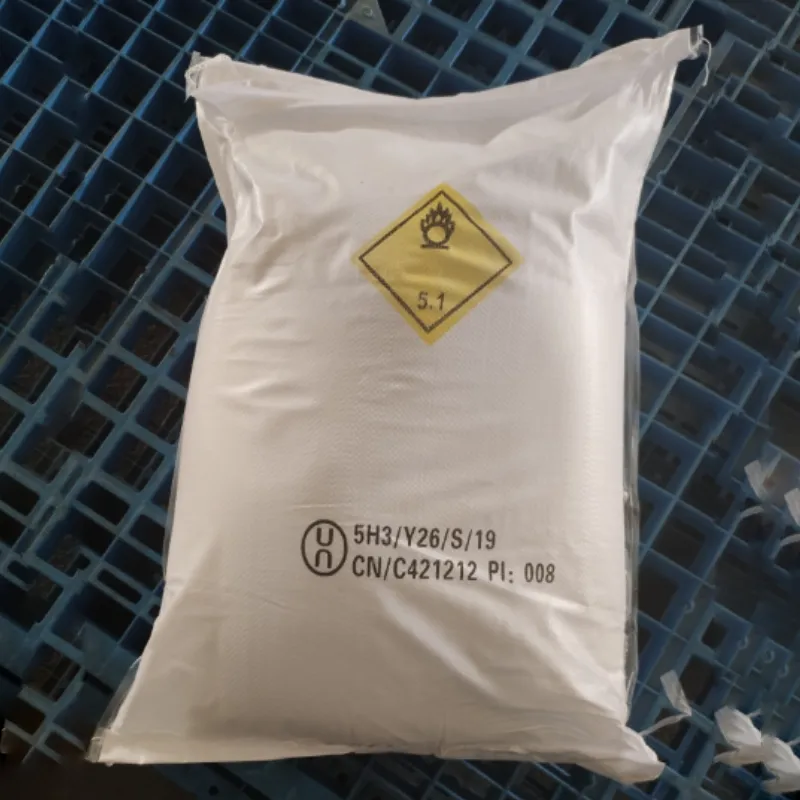
citric acid as a preservative in beverages
Citric Acid as a Preservative in Beverages
In the ever-evolving world of food and beverage production, the quest for natural and effective preservatives has gained significant attention. Among these, citric acid stands out as a remarkably versatile and widely used preservative in the beverage industry. Derived from citrus fruits, citric acid is not only a natural compound but also plays an essential role in enhancing the flavor profile of various drinks.
Citric acid is primarily known for its ability to lower the pH of beverages, creating an acidic environment that hinders the growth of microbial pathogens such as bacteria, yeast, and molds. This property makes it an invaluable tool for extending the shelf life of beverages, ranging from fruit juices and soft drinks to sports drinks and flavored waters. By inhibiting microbial growth, citric acid helps maintain the quality and safety of these products, allowing manufacturers to offer consumers fresher and safer options.
One of the key advantages of using citric acid as a preservative is its natural origin. As consumers become increasingly health-conscious and aware of the ingredients in their food and beverages, there is a growing demand for natural preservatives. Citric acid fits this bill perfectly, as it is generally recognized as safe (GRAS) by food safety authorities, making it an attractive choice for both producers and consumers. Furthermore, the use of citric acid aligns with the clean label trend, wherein brands strive to provide transparent and understandable ingredient lists that resonate with health-oriented consumers.
citric acid as a preservative in beverages

In addition to its preservative properties, citric acid also enhances the taste of beverages. By adding a pleasant tartness to drinks, it can improve flavor profiles, making beverages more appealing to consumers. This sensory enhancement can be particularly beneficial in balancing sweetness, which is especially important in fruit-based drinks that may contain high levels of added sugars. A well-balanced flavor can lead to increased consumer satisfaction and repeat purchases, benefiting beverage manufacturers.
Moreover, citric acid is effective at chelating metals, which can be a concern in beverage production. Metal ions, such as iron and copper, can catalyze oxidation, leading to off-flavors and spoilage. By binding to these metal ions, citric acid helps in stabilizing the product and preventing undesirable chemical reactions that can compromise the beverage's integrity.
Despite its many benefits, the use of citric acid is not without challenges. Its acidic nature can affect the overall taste and sometimes lead to a perception of excessive sourness if not balanced properly in formulations. Therefore, beverage manufacturers must carefully evaluate the concentration of citric acid used in formulations to ensure it enhances rather than detracts from the final product.
In conclusion, citric acid serves as a vital preservative in the beverage industry, providing both safety and flavor enhancement. As the industry continues to prioritize natural ingredients and clean labels, citric acid's role is expected to grow even further. Its ability to extend shelf life, improve taste, and stabilize formulations makes it a preferred choice for many beverage producers, paving the way for innovative and quality-driven products in the market. The future of beverage preservation looks promising with citric acid at the forefront, meeting consumer demands for healthier and more delicious options.
-
Why Glacial Acetic Acid Food Grade Is Essential in FlavorNewsMay.26,2025
-
Surging Export Growth of Food Additives in ChinaNewsMay.26,2025
-
How Ammonium Nitrate Fertilizer Boosts Crop YieldsNewsMay.26,2025
-
How 1,2,3-Benzotriazole Shields Plastics from UV DegradationNewsMay.26,2025
-
Cyanide in Gold Mining: Protecting People and the PlanetNewsMay.26,2025
-
Aluminum Hydroxide in Modern Sunscreen FormulationsNewsMay.26,2025
-
Understanding Synthetic Rubber OptionsNewsApr.27,2025
Hebei Tenger Chemical Technology Co., Ltd. focuses on the chemical industry and is committed to the export service of chemical raw materials.
-

view more DiethanolisopropanolamineIn the ever-growing field of chemical solutions, diethanolisopropanolamine (DEIPA) stands out as a versatile and important compound. Due to its unique chemical structure and properties, DEIPA is of interest to various industries including construction, personal care, and agriculture. -

view more TriisopropanolamineTriisopropanolamine (TIPA) alkanol amine substance, is a kind of alcohol amine compound with amino and alcohol hydroxyl, and because of its molecules contains both amino and hydroxyl. -

view more Tetramethyl Thiuram DisulfideTetramethyl thiuram disulfide, also known as TMTD, is a white to light-yellow powder with a distinct sulfur-like odor. It is soluble in organic solvents such as benzene, acetone, and ethyl acetate, making it highly versatile for use in different formulations. TMTD is known for its excellent vulcanization acceleration properties, which makes it a key ingredient in the production of rubber products. Additionally, it acts as an effective fungicide and bactericide, making it valuable in agricultural applications. Its high purity and stability ensure consistent performance, making it a preferred choice for manufacturers across various industries.











